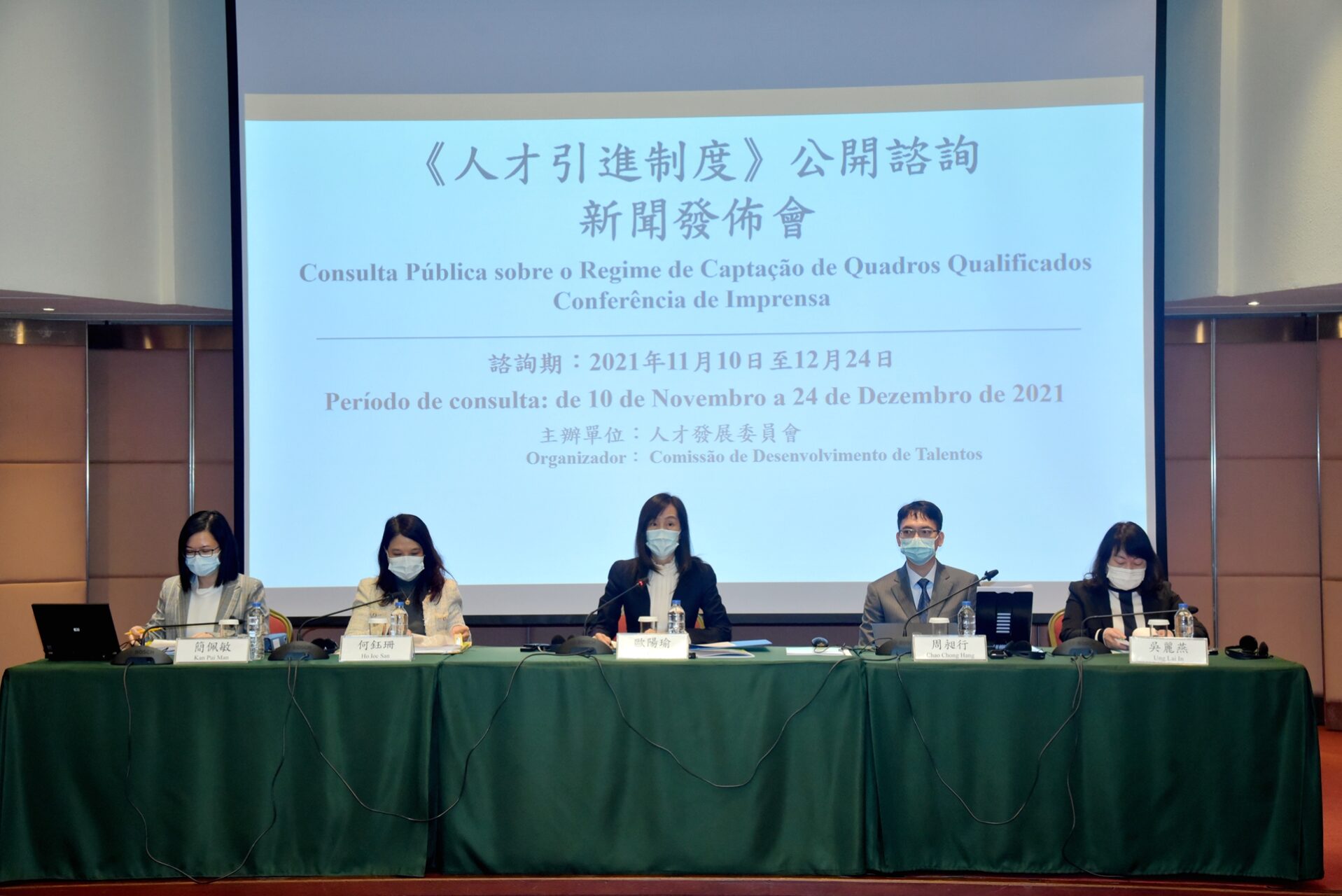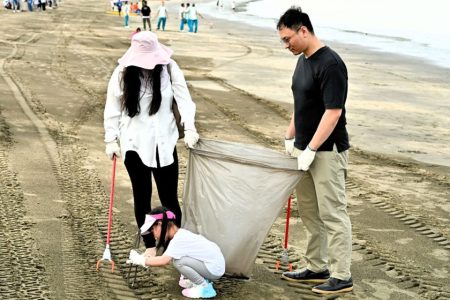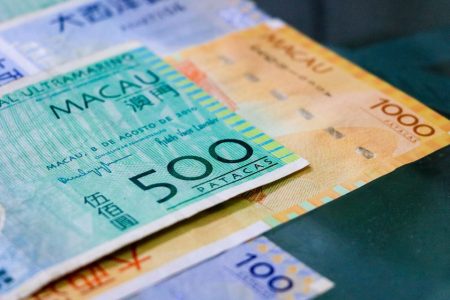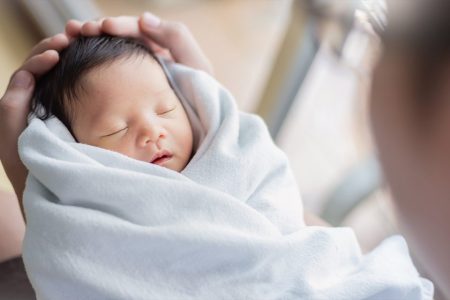The government has launched a 45-day public consultation on the drive to attract non-local talents from all over the world, such as Nobel prize and Olympic medal winners, with the aim of building a more diversified local economy.
Like the government’s current specialist immigration scheme, which has been in force since 2005, the government is proposing that the new talents programme will grant temporary residency to particularly gifted people ready to move to Macao.
The current specialist immigration scheme, which is run by the Macao Trade and Investment Promotion Institute (IPIM), grants temporary residency to non-locals who are managers, specialists or other kinds of professionals and have been hired by local employers.
The proposed programme aims to support Macao’s development of four new sectors – “big health”, modern finance, cutting-edge technology and culture and sports.
The new talents scheme consists of three categories: High-end Talents – which will include Nobel prize winners and Olympic medallists – Excellent Talents and High-class Professionals.
The public consultation will end on 24 December. A public session will be held on 22 November on the fifth floor of the World Trade Centre Macao. Three sessions for representatives from community associations, public entities and government-appointed consultative bodies will also be held.
The Talents Development Committee, which consists of senior government officials, as well as distinguished individuals from civil society appointed by the chief executive, is tasked with advising the government on measures to promote the training of talents and highly-qualified professionals in Macao.

Secretary for Social Affairs and Culture Elsie Ao Ieong U, who is the vice-chairperson of the Talents Development Committee, said that promoting adequate economic diversification is an important task demanded by the central government for Macao. The general plan of the development of the Guangdong-Macao Intensive Cooperation Zone in Hengqin stipulates that it should serve Macao’s drive to develop an adequately diversified economy, the policy secretary noted.
Ao Ieong acknowledged that Macao’s economy is heavily reliant on just a few sectors, adding that the city’s economic diversification drive should be promoted gradually. She said that with the development of Hengqin’s Guangdong-Macao Intensive Cooperation Zone, Macao will have the potential to develop “big health”, modern finance, cutting-edge technology and culture and sports.
“Big health” aims to deliver a full range of health services that covers the entire care continuum, with an emphasis on health management and chronic disease management.
Ao Ieong also acknowledged the outflow of a large number of local talents, which she said was partially caused by favourable measures offered by other countries and regions to attract particularly gifted professionals.
In response to the intensifying level of competition around the world for attracting talents, Ao Ieong said that there is an urgent need for Macao to establish a sophisticated import system.
The government has identified a number of existing problems in its current system that hinder Macao’s ability to attract talents from elsewhere. These include the lack of clearly-defined measures, an open and transparent assessment system, a clear definition of the types of talents that Macao needs and measures that support the needs of imported talents for them to live in the city as well as the amount of time it takes to assess cases and applications.
The government is proposing to set up a new commission tasked with assessing cases and applications submitted under the talents programme and coming up with suggestions to be submitted to the chief executive for a final decision.
In addition to its current functions, the Talents Development Committee will be tasked with carrying out measures under the talents programme and studying policies that help to attract talents from outside Macao.
The government is proposing that the import of talents under the future system will be overseen by the Public Security Police (PSP), the Talents Development Committee, and the proposed new commission before the applications are finally decided by the chief executive.
PSP officers will first assess applications to see if applicants have reached the age of 21, have a criminal record or have been barred from entering Macao.
The applications will then be submitted to the Talents Development Committee, which will assess academic and other qualifications and work experience.
After its assessments, the Talents Development Committee will draft a preliminary list of candidates that will be submitted to the Talents Assessment and Suggestion Commission – which will consist of senior officials, distinguished individuals from civil society and other experts.
The Talents Assessment and Suggestion Commission will then assess the applications by considering to what extent the applicants would benefit Macao’s development. The commission will come up with a final list and propose the list to the chief executive for his or her final decision and approval.
The proposed High-end Talents Programme will cover people with extraordinary achievements or skills, which are widely recognised around the world, who could increase Macao’s international image and reputation and help train local talents.
The government is proposing that the High-end Talents Programme will cover an unlimited number of Nobel laureates, Olympic medallists and other international prize-winners. The programme will also cover renowned experts or scholars “at national level”, and those who have made important contributions in their respective professions.
The proposed High-level Professionals Programme will cover experienced professionals that Macao lacks for its sustainable development. The government is proposing that Macao should introduce those working for the four new sectors in the first phase of the programme, before importing professionals for various other sectors.
Applicants for the High-end Talents Programme and the Excellent Talents Programme will not need to have been hired locally, while applicants for the High-level Professionals Programme must find a local employer before their application can be assessed.
There will be a limit of 1,000 per year on the number of applicants for the Excellent Talents Programme and the High-level Professionals Programme, The Macau Post Daily reported.






